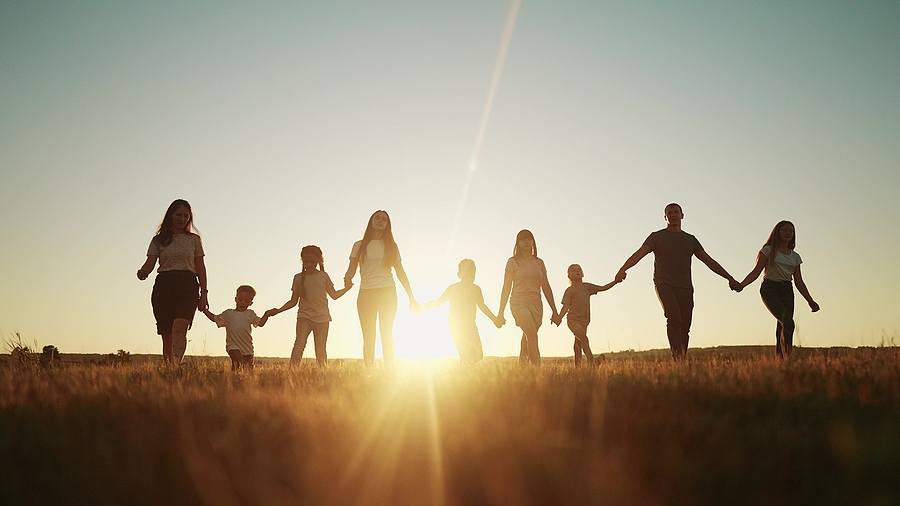A few weeks ago, there was an opinion piece in the Globe and Mail on the correlation between loneliness and authoritarianism.
Kim Samuel, the author, argued that the main reason why democracy is being threatened around the world is because of loneliness.
Here is the logic behind her argument. When feelings of loneliness overcome people – when they fail to experience a sense of belonging and connection – they are susceptible to misinformation. And when a person is susceptible to misinformation, they are vulnerable to leaders who rule by fear (e.g., dictators, autocrats, and other despots.)
There’s a lot of evidence to support her argument.
Adolescents and Loneliness
Early in my career, I worked as an adolescent and family therapist. Many of the youth I worked with either had previous gang involvement or friends involved in gangs. We’d talk about what they noticed in their friends and what made the gang so alluring.
The most common answer? The gangs offered belonging and connection. For many of these kids, their gangs were a type of family. The gang provided them with friendship and social support, which helped to combat their feelings of loneliness.
Many youths I worked with also had physically and emotionally absent caregivers. For example, the parents were gone for most of the day, and when they returned, they were emotionally absent or disconnected from their kids.
These youth also felt a low sense of self-worth. Combine these two elements (absent parents and low self-worth), and you begin to plant the seeds of loneliness.
When impressionable people feel lonely, they are more susceptible to joining any group that will accept them, even if that group is comprised of misfits and troublemakers.
Adults Need Belonging as Well
In 1943, psychologist Abraham Maslow published the most important paper of his career. It was called, A Theory of Human Motivation. In that paper, Maslow theorized that humans are driven to meet various needs (see below).
First, we need to meet our basic needs – food, shelter, water, clothing, etc. Second, we need to feel safe and secure. This need to feel secure is satisfied by being employed, having some financial resources, and living in an area where we feel safe.
The third need is “love and belonging.” This need is met when a person believes they belong to a group (e.g., family, friends, or an organization). This need is essentially fulfilled through our relationships with others.
Maslow refined his theory over the years and recognized that some people might value particular needs more than other people. For example, some people might value “love and belonging” more than “safety needs,” while others might value “safety needs” as being more critical than “self-actualization.”

(Image copied from www.simplypsychology.org)
Summary
Because of Maslow’s work, psychologists have continued to view belongingness and connection as a need that spans a person’s life. It’s also paramount for good mental health.
When a person believes they don’t belong to any group, they begin to feel lonely. And when feelings of loneliness become the dominant emotion in a person’s life, it makes them vulnerable to misinformation and oppressive leaders.
In my next post, I’ll talk about some strategies and insights to help a person feel less lonely and how a person can meet their need to belong.
Richard
If you enjoyed this post, then pick up my new book, The Promise Wheel: Psychology For Growth and a Balanced Life. I provide dozens of strategies and insights on how to improve your health, relationships, and career so that you can achieve personal balance, feel less stressed, and have fun again.

